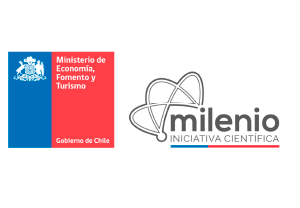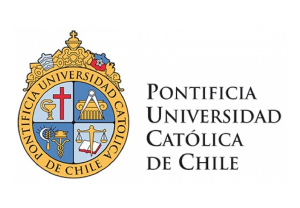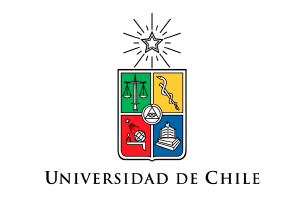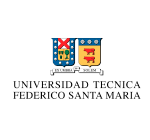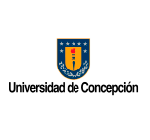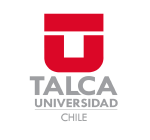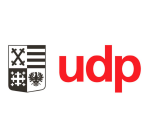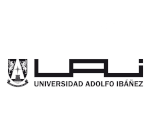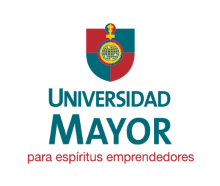Our work is organized in five transversal Emblematic Projects. Through them we look for the development of applications that help us contribute to the strengthening of a culture of transparency and the use of information at the service of society. To know further about our Emblematic Problems, click here or read a synthesis below.
A. Data for the study of highly complex social problems
Through the compilation, integration and modeling of existing data on social problems in Chile and the comparative analysis of other countries, we are generating high value knowledge that will allow us to contribute to a more complete understanding of the causes and key factors behind the sociopolitical conflict in the contemporary society.
B. Development of new query languages for graphos
Currently, one of the most popular systems to store information is in graphos data bases, which are complex networks of interconnected nodes. In our institute, we are studying the development of new query languages able to extract information from vast amount of data represented in graphos, and new techniques for their efficient storage.
C. Efficient data retrieval from highly complex scenarios
The variety of sources and formats of data, their distribution and massiveness are only some of the factors that make the efficient extraction of information a difficult task. We are studying how to create new languages which will be able to provide answers with safety and integrity for demanding queries on complex data.
D. Explainable Artificial Intelligence
The current growth of artificial intelligence (AI) its due in part to the success of the deep learning models, mainly of those based in pattern recognition. We are developing AI techniques able to learn procedures rather than memorizing patterns. This work will be key in increasing the ability of AI to learn more with few examples.
E. Development of robust information structures
Misinformation and malign information have been proven to have negative effects on society, by reducing the public trust in the actors usually in charge of the production of information, such as mass media, science and governments. In our institute we aim at generating strong information structures which verify knowledge obtained from non structured data sources.


